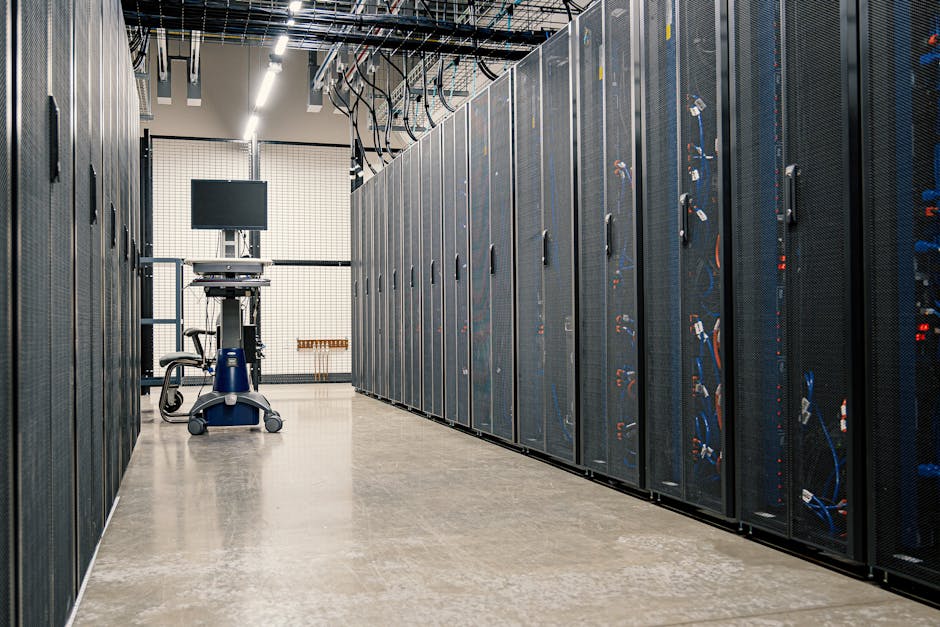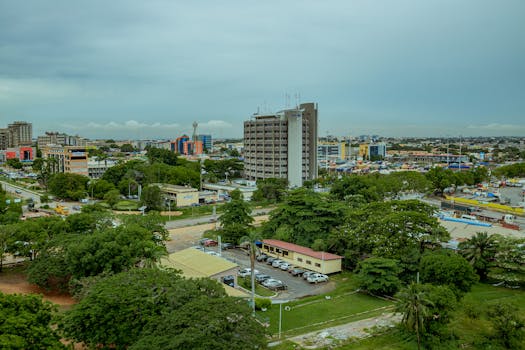
The Rise of Fiber Companies in Africa: Connecting a Continent – Fiber Optics & Connectivity
The rise of fiber companies in Africa is transforming the continent’s connectivity landscape, bridging the digital divide and unlocking economic growth. With a growing demand for high-speed internet and reliable connectivity, fiber companies are playing a crucial role in connecting Africa to the rest of the world.
Fiber Optics & Connectivity has become a key driver of economic growth in Africa, with many countries investing heavily in fiber optic infrastructure. The African broadband market is expected to reach $14.6 billion by 2025, with fiber optic connectivity being a key component of this growth.
Introduction to Fiber Optics in Africa
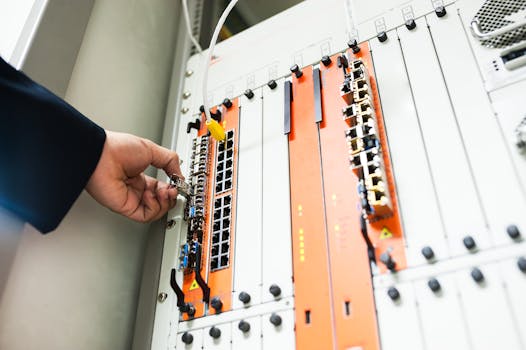
Africa has historically faced significant challenges in terms of connectivity, with many countries struggling to provide reliable and affordable internet access to their citizens. However, with the advent of fiber optic technology, the continent is witnessing a revolution in connectivity. Fiber optic cables have the capacity to transmit large amounts of data at high speeds, making them an ideal solution for Africa’s growing internet needs.
Several fiber companies have emerged in Africa, including MTN, Vodacom, and Liquid Telecom, which are investing heavily in fiber optic infrastructure. These companies are not only providing high-speed internet access to urban areas but also expanding their reach to rural and underserved communities.
The Growth of Fiber Companies in Africa
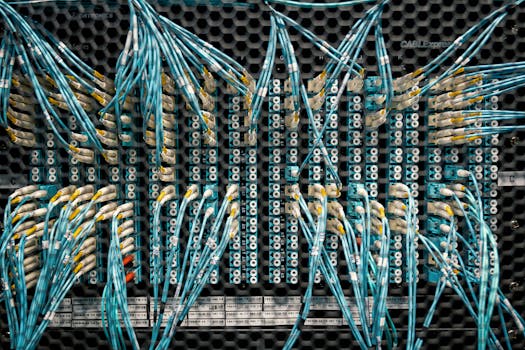
The growth of fiber companies in Africa is being driven by several factors, including the increasing demand for high-speed internet, the need for reliable connectivity, and the availability of funding from investors. Many African governments have also implemented policies to support the development of fiber optic infrastructure, recognizing the critical role it plays in driving economic growth.
The East African region has seen significant investment in fiber optic infrastructure, with countries such as Kenya, Tanzania, and Uganda benefiting from the laying of fiber optic cables. The West African region is also witnessing significant growth, with countries such as Nigeria and Ghana investing heavily in fiber optic infrastructure.
Impact of Fiber Companies on African Economies
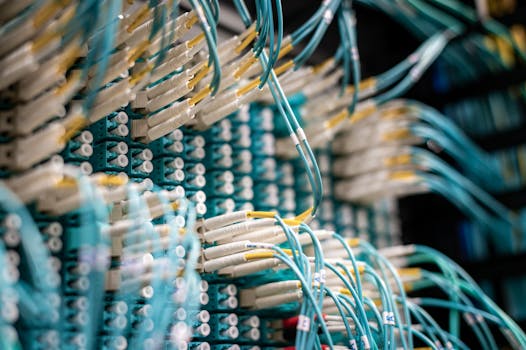
The impact of fiber companies on African economies has been significant, with the growth of the fiber optic sector contributing to an increase in economic activity. The availability of high-speed internet has also enabled the growth of e-commerce, online education, and telemedicine, among other sectors.
The fiber optic sector has also created thousands of jobs, both directly and indirectly, contributing to a reduction in unemployment rates. Furthermore, the growth of the fiber optic sector has also led to an increase in tax revenues, which are being used to fund public services and infrastructure development.
Challenges Facing Fiber Companies in Africa
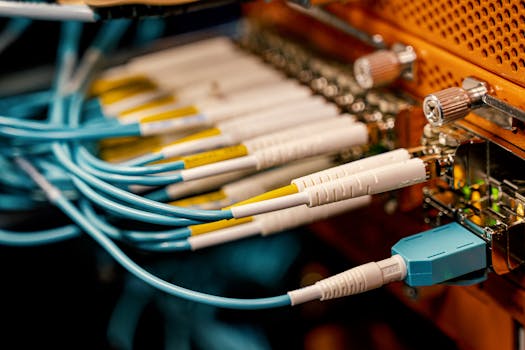
Despite the growth of the fiber optic sector in Africa, several challenges remain, including the high cost of deploying fiber optic infrastructure, the lack of regulatory frameworks, and the risk of vandalism and theft. Many fiber companies are also struggling to provide reliable and affordable internet access to rural and underserved communities.
However, with the support of governments, investors, and international organizations, fiber companies in Africa are working to overcome these challenges and expand their reach to all corners of the continent.
In conclusion, the rise of fiber companies in Africa is a testament to the continent’s growing demand for high-speed internet and reliable connectivity. As the fiber optic sector continues to grow, it is expected to have a profound impact on African economies, bridging the digital divide and unlocking economic growth.
See more:



